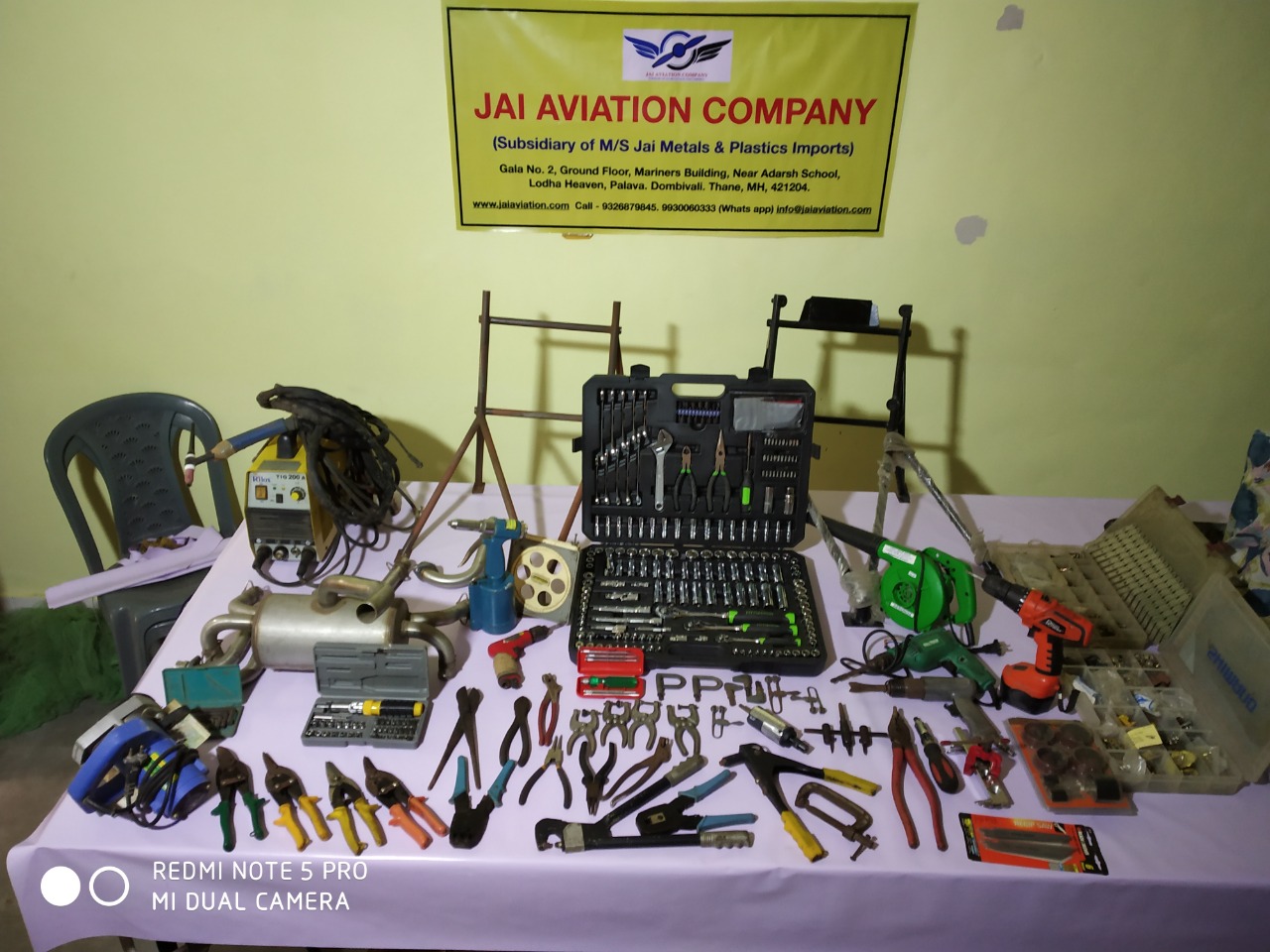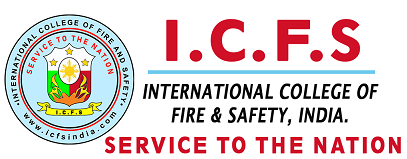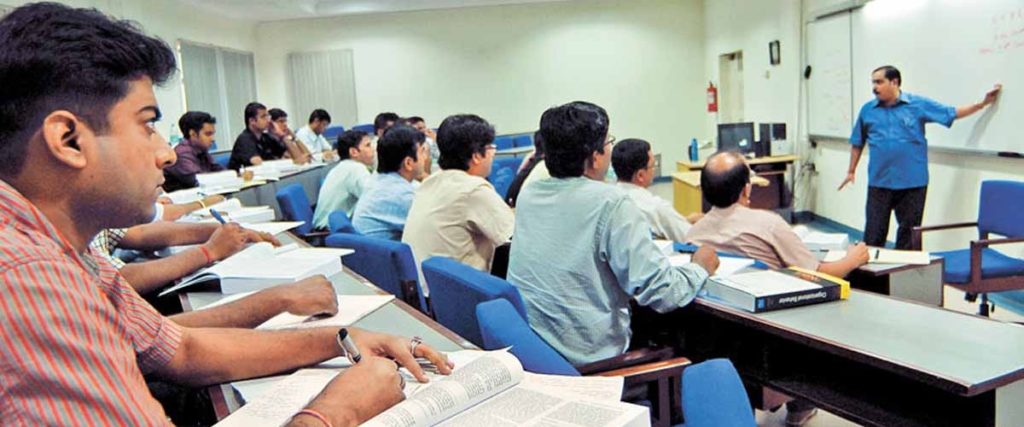Aircraft Building Assistance Course
(Two batches pre year – admissions July and January – 80 candidates pre batch)
Aviation is the fastest growing industry all across the world. In India, by the induction of Amateur / Experimental built aircraft CAR in DGCA, many aviation enthusiasts are building their Airplanes. As Aircraft building is a complex process, these builders at some point require assistance to complete their projects.
Jai Aviation Company is based in Palava, Thane, and has a 20000 sq feet complex, with classrooms, workshop, mess-room, sports and Games ground, Anteroom, GYM, a 40 Bed Hostel, a hanger, all tools and equipment required to assemble and build the aircraft and execute the training. A team of Instructors and Engineers are available to train the candidates in the field of aircraft assembly. During the course, each batch will build an aircraft and by the end of the course, the test pilot will test fly the same at our private airfield.
Every Candidate gets a HANDS on working experience on :
Workshop tools – Sheet Metal Working Tools, Pneumatic Riveting Tools, Hand Riveters, Hand and Bench Drills, Hand and Bench Grinders, Lathe, Welding (Electric and TIG), Bending Machine, Pipe Bender, Electric Cutting tools, All hand tools including spanners, pliers, clecos, fasteners, Chain Blocks, Crimping tools, electric fasteners, air compressor to name a few.
The DGCA has recently issued permission to a few Indians for assembling and building their aircraft, By the time this batch finishes, there shall be ample employment opportunities in the country in the aircraft building Assistance field leave aside the scope available outside India.
One third of the fleet registered in the US are in the amateur / experimental category and the builders require assistance to complete the projects.
As per the Amateur building rule, 51 % of the assembly work has to be done by the builder himself, who can be assisted by the candidates with the aircraft builder course. Aircraft building practices are prevalent in the western countries as there are thousands of aircrafts registered in amateur-built category and there are hundreds of workshops registered who provide building assistance.
Jai Aviation has come up with a comprehensive builder assist training course, conforming with the requirements of the Aviation Industry as two levels.
Objective :
By the End of the course the candidate shall be able to assist an aircraft builder under the Amateur / Experimental building regulation in Airframe construction, Engine installation and Avionics / instruments fitting.
- Level 1 ( Admission Eligibility : 12 Science PCM 65% Marks. Level 1 – 1 Year course)
- Level 2 ( Admission Eligibility : B Tech – Mechanical / Electrical – Level 2 – 8 Months.)

Level 1 includes: 12 Months course, Regular 4 Hrs a day. 5 days a week including workshop.
General :
• Types of Aircrafts,
• Rules and Regulations,
• Physics of the Atmosphere
• Aerodynamics
• Theory of Flight
• Flight Stability and Dynamics
Airframe:
• Airframe Structures — Airframe Basics, General Concepts
• Airframe Structures — Advanced Aeroplanes (Level 2)
• Instruments/Avionic Systems
• Electrical Power (ATA 24)
• Equipment and Furnishings (ATA 25)
• Flight Controls (ATA 27)
• Fuel Systems (ATA 28)
• Hydraulic Power (ATA 29)
• Landing Gear (ATA 32)
• Lights (ATA 33)
• Aviation Metallurgy,
Piston Engine :
• Fundamentals
• Engine Performance
• Engine Construction
• Engine Fuel Systems
• Carburetors
• Fuel injection systems
• Electronic engine control
• Starting and Ignition Systems
• Induction, Exhaust and Cooling Systems
• Lubricants and Fuels
• Lubrication Systems
• Engine Indication Systems
• Powerplant Installation
• Engine Monitoring and Ground Operation
• Engine Storage and Preservation
Propeller:
• Fundamentals
• Propeller Construction
• Propeller Pitch Control
• Propeller Synchronising
• Propeller Ice Protection
• Propeller Maintenance
• Propeller Storage and Preservation
Workshop Practical:
• Safety Precautions-Aircraft and Workshop
• Workshop Practices
• Aviation Special Tools
• Engineering Drawings, Diagrams and Standards
• Sheet Metal handling and storage.
• Fits and Clearances
• Electrical Wiring Interconnection System (EWIS)
• Riveting
• Springs
• Bearings
• Transmissions
• Control Cables
• Material handling
• Welding, Brazing, Soldering and Bonding
• Aircraft Weight and Balance
• Aircraft Handling and Storage
• Disassembly, Inspection, Repair and Assembly Techniques
• Maintenance Procedures
Electrical Fundamentals:
• Electrical Terminology
• Generation of Electricity
• DC Sources of Electricity
• DC Circuits
• Resistance / Resistor
• Inductance / Inductor
• DC Motor/Generator Theory
• Resistive (R), Capacitive (C) and Inductive (L) Circuits
• Transformers
Aviation Physics
• Matter
• Mechanics
• Thermodynamics
Materials and Hardware
• Aircraft Materials — Ferrous
• Aircraft Materials — Non-Ferrous
• Aircraft Materials – Composite and Non- Metallic
• Corrosion
• Fasteners
• Pipes and Unions
• Springs
• Bearings
• Transmissions
• Control Cables
• Electrical Cables and Connectors
Level 2:
Excludes: Aviation Physics. Electrical Fundamentals.
Includes: Turbines Engines, PSRU, Automotive Engine Conversion for Aircraft use.
Composites and Fibreglass constructed Aircraft, Retractable Landing gear, Fluid
Mechanics and Hydraulics.
Enquiry Form

